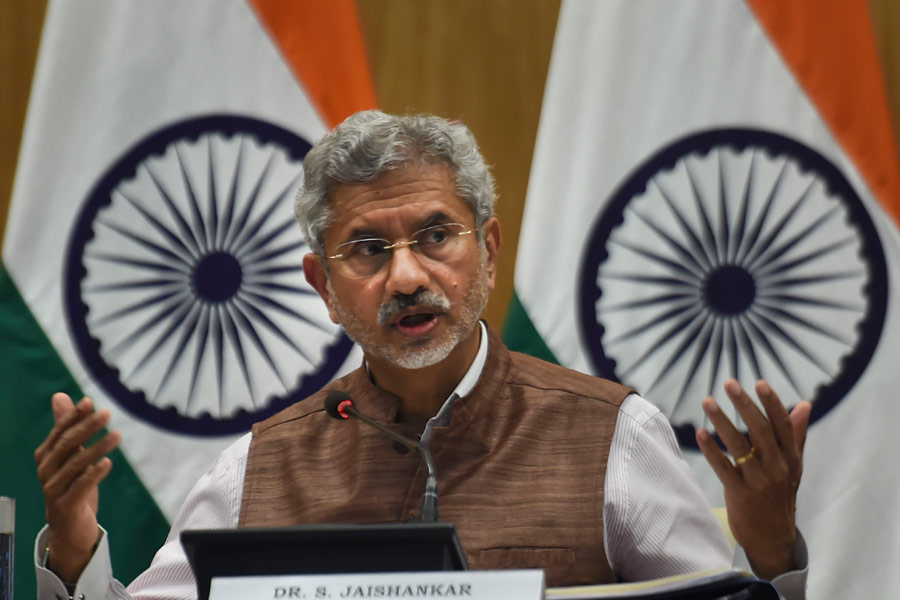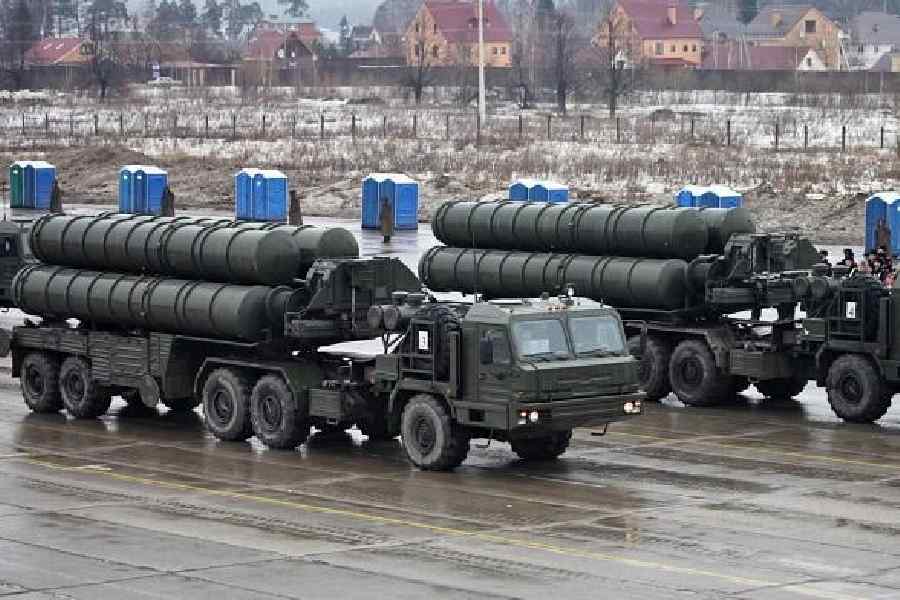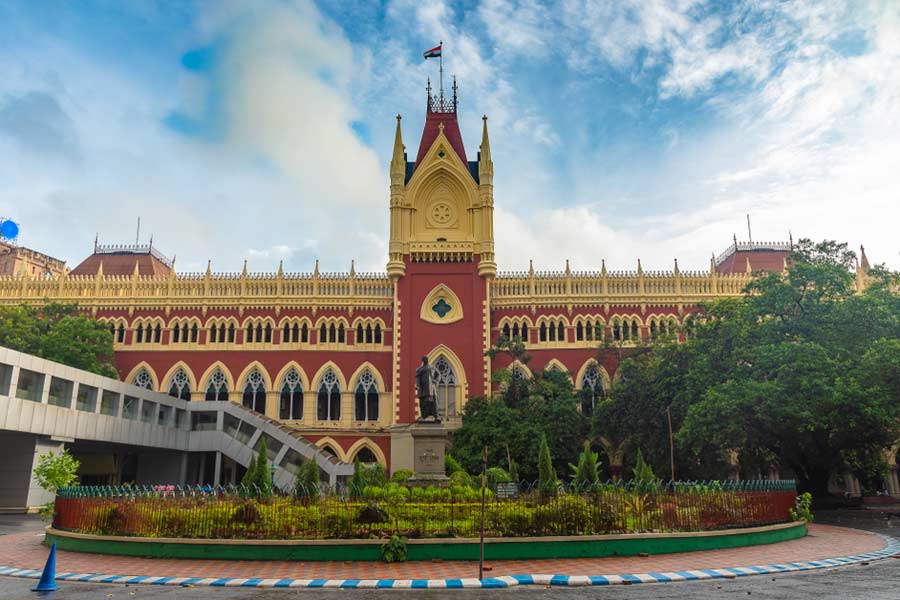Sir — Greta Thunberg was recently awarded the Nordic Council’s environmental award for 2019. In a refreshing move, Thunberg turned down the award as well as the prize money of 500,000 Swedish kronor, stating that “the climate movement does not need any more awards”. She went on to highlight that what is necessary is for politicians and people in power to start listening to the need of the times. With this gesture, the teenage activist and the poster child of the campaign against climate change proved once again that integrity, not accolades, defines her struggle. She is a true role model.
Shouvik Chakraborty,
New Delhi

Rescue operation underway to retrieve a boy who fell into an open borewell on Friday, in Tiruchirapalli, on October 28, 2019. PTI
Deadly lesson
Sir — The death of the three-year-old boy, Sujith Wilson, in an abandoned borewell in a village in Tamil Nadu is tragic (“Borewell rescue drive ends in tragedy”, Oct 30). The body of the child, who fell into an unused borewell while playing near his house, was recovered after an 80-hour rescue attempt. Such accidents are quite common, highlighting the carelessness and ineptitude of the authorities, who failed to rescue the victim in time.
Apparently, while India is adept in space adventures, it is incapable of handling crises under the ground such as those involving mines and borewells. If it were not for ham-handed rescue efforts, would the boy have slipped from an initial depth of about 30 feet to 88 feet? Further, the live coverage of the rescue operation by the media was in bad taste, reducing tragedy to an act of perverse voyeurism. The media should have tried to raise awareness among the public on the issue instead.
As usual, politicians tried to utilize the incident for their own gain. But the fact that such accidents keep recurring indicates that there is a lack of concern about public safety. Every year, scores of children die in similar accidents. The work ethic in India that allows incomplete constructions to remain in hazardous conditions is to be blamed for this. In 2010, the Supreme Court issued safety guidelines to be adhered to by owners of borewells, including the installation of barbed wire fencing and adequate warning signs. After the recent incident, the Madras High Court has asked the state to file a status report regarding its compliance with apex court’s order. Indians do not seem particularly bothered about adopting minimum safety measures. It is shameful that a young child lost his life owing to negligence.
Khokan Das,
Calcutta
Sir — It was heartbreaking to learn that Sujith Wilson, who was trapped inside an unused borewell for over three days, died before he could be rescued. The untimely demise of the child is a reminder that life is precious and that public safety measures are absolutely crucial. This tragedy should be a lesson in public safety, not just in India but for people around the world.
P. Senthil Saravana Durai,
Mumbai
Sir — The loss of three-year-old Sujith Wilson after he slipped into an abandoned borewell marked a black day in the history of India. Even the 80-hour-long rescue operation could not save Wilson’s life.
This incident brought to fore the lack of awareness regarding the sealing of unused borewells and the general public apathy towards safety measures. The government, as usual, attempted to recompense loss of life with money. It is deplorable that the government considers monetary compensation to be solution rather than focusing on the strict implementation of safety measures.
Ranganathan Sivakumar,
Chennai
Multiple facets
Sir — Whether Tipu Sultan was a patriot, an internationalist or a bigot is not a question that can be answered easily. It must be remembered that he allied with the French to retain power during his struggles against the British, supporting one colonizer over the other.
But there are positive aspects to Tipu Sultan’s reign as well. Tipu Sultan and his father, Haider Ali, are credited with the innovation of war rockets which were later improved upon by the British. In 1791, the Marathas under the command of Raghunath Rao Patwardhan raided the eighth-century Sringeri monastery built by Adi Shankaracharya, the father of Hindu Advaita philosophy. They not only stripped the monastery of its wealth but also killed many within the temple. When the high priest wrote to Tipu Sultan in the aftermath, asking for help, the latter was furious at the act of the Marathas. He immediately sent monetary help as well as valuable gifts for the idol.
This indicates that Tipu Sultan was far from a mindless fanatic. He was also a product of his time. His acts must thus be understood by taking into consideration the then political exigencies. Like other rulers, he could not afford to antagonize his subjects and thus looked after the religious needs of the Hindus like a good statesman.
H.N. Ramakrishna,
Bangalore
Sir — The endeavour to erase Tipu Sultan from the pages of history seems to be one in a long line of revisions that the incumbent government has in mind. However, this move must be resisted. History is complex and the erasure of one figure will result in the irrevocable distortion of the discipline.
Yashi Nair,
Kochi










